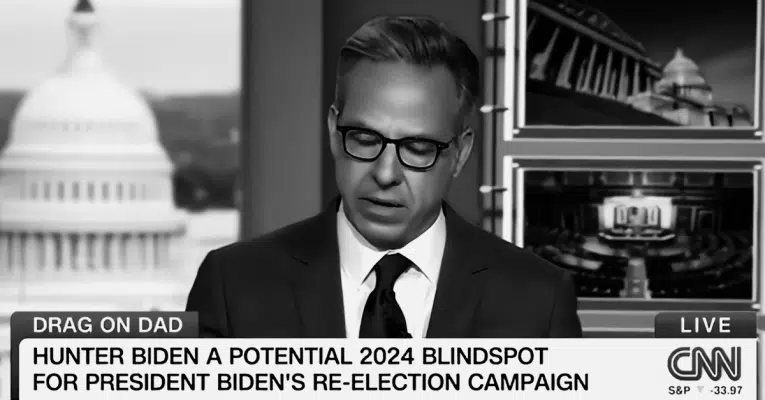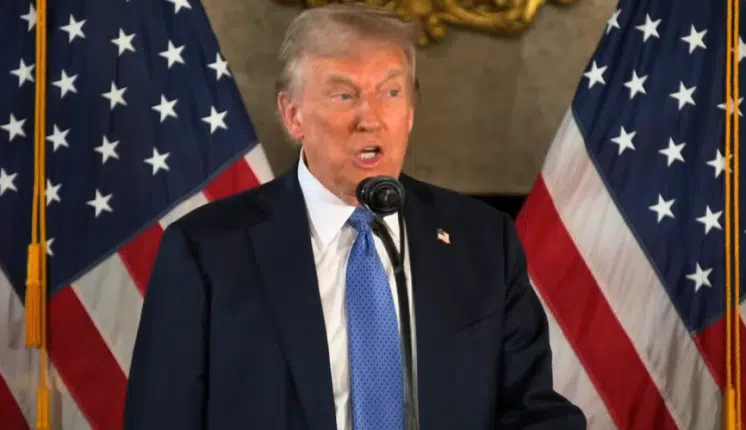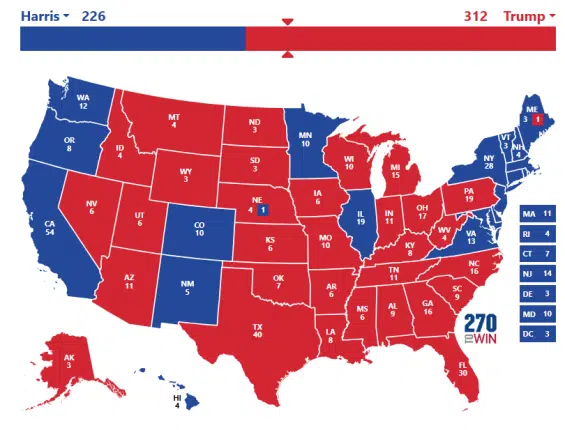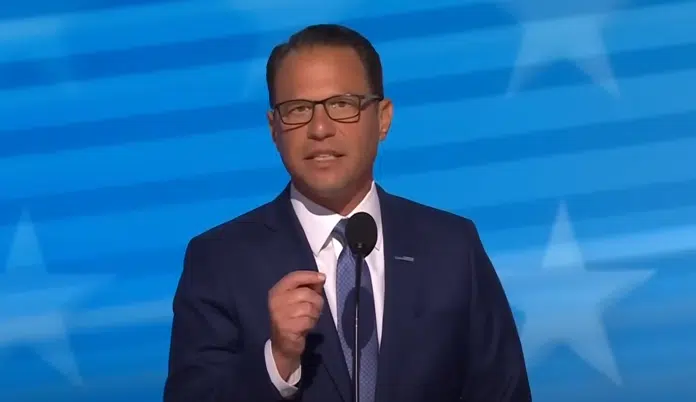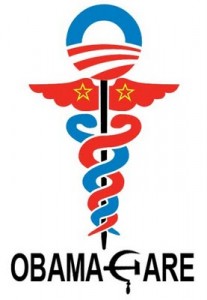
It is generally agreed that in order to win this case, the respondents (opponents of the law)[1] will have to win over the four conservatives on the bench, Justices Roberts, Scalia, Thomas, and Alito, as well as, the court’s perennial swing vote, Justice Kennedy.
Each of them would have to agree with the law’s opponents on both of two issues:
1. The Individual Mandate is not constitutional because it violates Congress’s Commerce Clause powers.
2. The Individual Mandate is not a tax and thus is not constitutionally justified under Congress’s power to tax.
Yesterday’s oral arguments were almost entirely centered on the Commerce Clause.[2]
The Obama Administration argued that, similar to a 1942 case called Wickard v. Filburn,[3] the individual mandate is a necessary part of a larger economic system.
Wickard is the foundation of the modern understanding of the Commerce Clause that says that Congress is permitted to regulate those things that have a substantial effect on interstate commerce. In Wickard the Supreme Court ruled that a Congress could go as far as to prohibit a farmer from growing wheat for his own personal use even though that wheat would never enter the intrastate market let alone the interstate market. The court reasoned that the aggregate effects of all who grow their own wheat could substantially affect interstate commerce. And thus, the Supreme Court expanded the powers of Congress under the Constitution.
To the surprise of the liberal news media, Kennedy and the conservatives on the Court expressed skepticism in their multiple pointed questions to Donald Verrilli, Jr., the Obama Administration’s Solicitor General. Chief among their questions was, since we have a government of enumerated powers, what limits Congress’s commerce power?
The respondents’ key argument is that Congress has never used its commerce power to regulate inactivity (not purchasing health insurance), and that if Congress can regulate both economic activity and inactivity, there’s no end what it can do.
Scalia and Kennedy, both thought to be potential swing votes in this case, wanted to know what limiting principle the Obama Administration would apply.[4] Said Scalia,
…[T]he Federal Government is not supposed to be a government that has all powers; … it’s supposed to be a government of limited powers. [5]
The Obama Administration further argues that regardless of Congress’s authority under its commerce powers, it independently has the power to institute an individual mandate under its taxing powers. This is a troubling problem for opponents of the law should the Court hold that the Mandate is a tax.
At least one conservative justice has already questioned the argument of the law’s opponents that even if the mandate’s penalty is a tax, its constitutionality should be considered separately.[6]
This makes Scalia’s final question to General Verrilli potentially pivotal:
JUSTICE SCALIA: You’re saying that all the discussion we had earlier about how this is one big uniform scheme and the Commerce Clause blah, blah, blah, it really doesn’t matter. This is a tax and the Federal Government could simply have said, without all of the rest of this legislation, could simply have said everybody who doesn’t buy health insurance at a certain age will be taxed so much money, right?
…
GENERAL VERRILLI: It’s justifiable under its tax power.
JUSTICE SCALIA: Extraordinary.[7]
Conservatives can have some hope for the overturn of the mandate to the degree that the Court’s predominant discussion of the Commerce Clause yesterday indicates that the justices already have settled in their minds that the mandate is not a tax.
However, even if the Court rules that the mandate is a penalty and not a tax, Kennedy gave some indications that he might side with the Obama Administration when he expressed agreement with the Obama Administration that healthcare and health insurance markets are special markets.[8]
And so, it’s premature to predict how the court will rule—let alone what the consequences of a ruling might be.
In any case, the arguments that we have heard this week on Obamacare’s constitutionality should have been debated two years and billions of dollars sooner.
John Vinci is a staff attorney with Americans for Limited Government and is the editor in chief for the www.obamacarewatcher.org website.
[1] This include 26 states, the National Federation of Independent Business (NFIB), and some individuals.
[2] This might be a result of Monday’s discussion before the Court on whether the Tax Anti-Injunction Act prohibits the justices from ruling on the merits of the case until an actual tax has been levied.
[3] 317 U.S. 111 (1942).
[4] Transcript of Oral Argument at 16 and 26, Dep’t of Health and Human Servs. v. Florida, U.S. Supreme Court Docket No. 11-398, argued March 27, 2012 available at http://www.supremecourt.gov/oral_arguments/argument_audio_detail.aspx?argument=11-398-Tuesday. See also pages 29 and 42 for Commerce Clause limitation questions from Roberts and Alito.
[5] Id. at 26-27.
[6] Transcript of Oral Argument at 64, Dep’t of Health and Human Servs. v. Florida, U.S. Supreme Court Docket No. 11-398, argued March 26, 2012 available at http://www.supremecourt.gov/oral_arguments/argument_audio_detail.aspx?argument=11-398-Monday.
[7] Supra note 4 at 51-52.
[8] Id. at 103.


